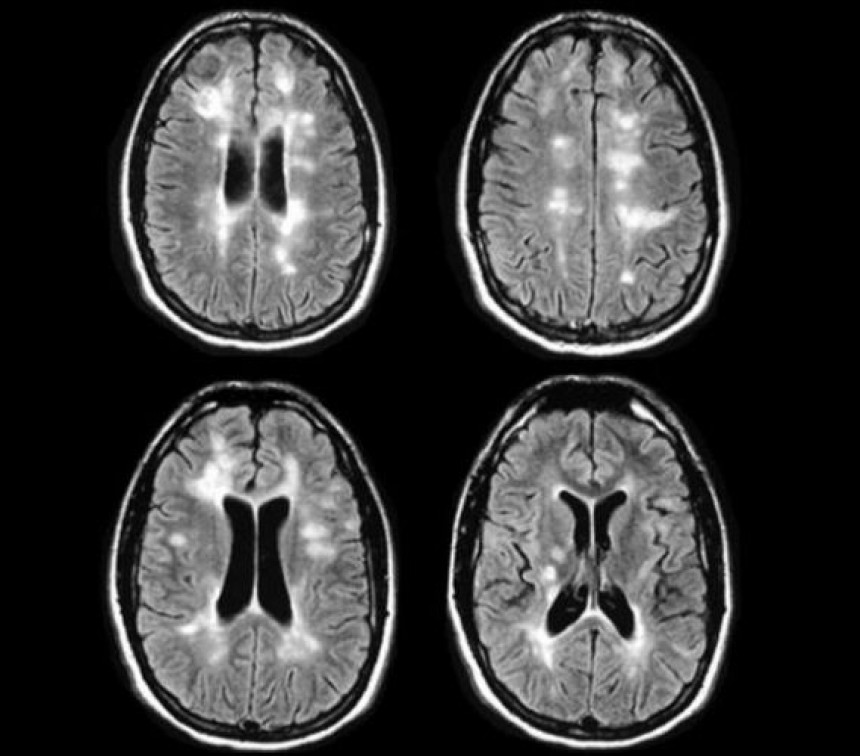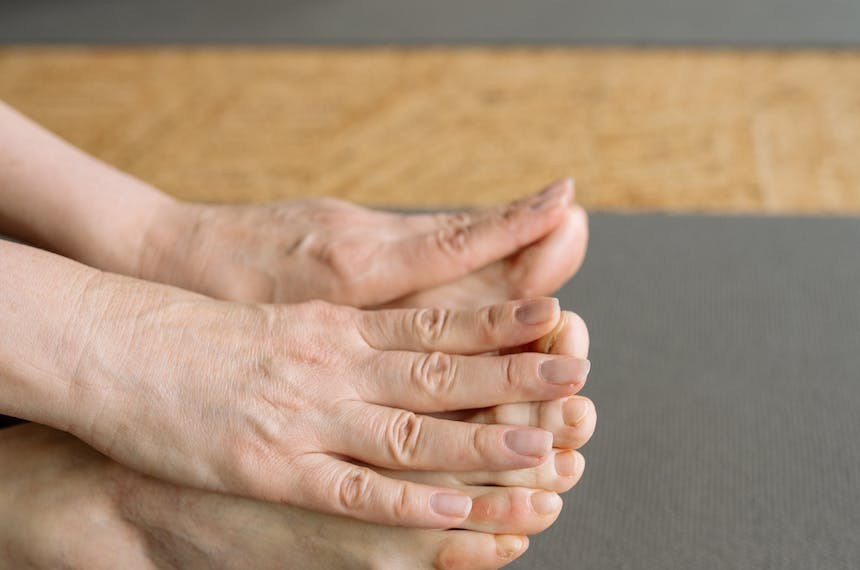
Paramyotonia congenita
Paramyotonia congenita (PMC) is a non-progressive autosomal dominant disorder of skeletal muscles caused by SCN4A gene mutations. It leads to stiffness, worsened by cold or exertion. Treatment focuses on symptom management, including avoiding triggers, a low-potassium diet, and medications like mexiletine, lamotrigine, or acetazolamide. Genetic counseling is recommended.
Introduction to Paramyotonia Congenita (PMC)
Paramyotonia Congenita (PMC) is an autosomal dominant non- progressive disorder which affects the skeletal muscles. It is caused by mutations in the SNC4A gene. Patients usually presents with stiffness, most pronounced in the face and hands. It commonly worsens with cold or after physical activity and patients can develop severe weakness with prolonged cold exposure which could take hours to improve despite rewarming. (1, 2)
Management and Treatment of PMC
There is no effective treatment to PMC. Treatment is based on the individual’s symptoms. Individuals must be cautious to sudden exposures to very cold weather, and sudden heavy physical activity. Patients should also avoid potassium- rich foods, skipping meals and take carbohydrate rich snacks in between meals. The aim of pharmacological treatment is to reduce the intensity of acute symptoms and to prevent, as far as possible, further attacks. Treatment with medications that block the sodium channels, such as, mexiletine (150 mg three times daily) is helpful. Other agents, including lamotrigine (starting at 25 mg daily), or acetazolamide (250 mg twice daily) may also benefit. Genetic counselling is recommended for patients and their families. (3, 4, 5, 6)
References
1- Ciafaloni, E, Chinnery PF, Griggs, RC, eds. Evaluation and Treatment of Myopathies. 2nd edition. Oxford University Press; Oxford. 2014:218-253.
2-Rimoin D, Connor JM, Pyeritz RP, Korf BR, eds. Emory and Rimoin’s Principles and Practice of Medical Genetics. 4th ed. Churchill Livingstone. New York, NY; 2002:3377-82.
3- McKusick VA, ed. Online Mendelian Inheritance in Man (OMIM). Baltimore, MD: The Johns Hopkins University Press; ParamyotoniaCongenita of Von Eulenburg; PMC. Entry No: 168300; Last Edit: 07/14/2016. https://www.omim.org/entry/168300
4- Phillips L, Trivedi JR. Skeletal Muscle Channelopathies.
Neurotherapeutics. 2018;15(4):954-965.
5- Kurihara T. New classification and treatment for myotonic disorders. Intern Med. 2005;44:1027-32.
6- Fredericson M, Kim BJ, Date ES. Disabling foot cramping in a runner secondary to paramyotonia congenita: a case report. Foot Ankle Int. 2004; Jul;25(7):510-2.





